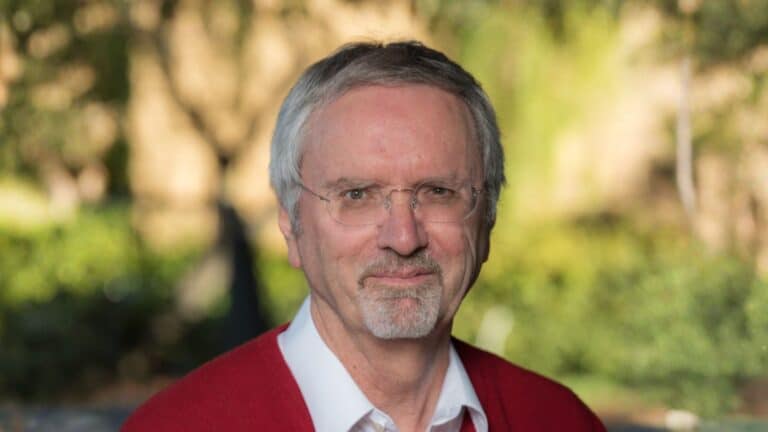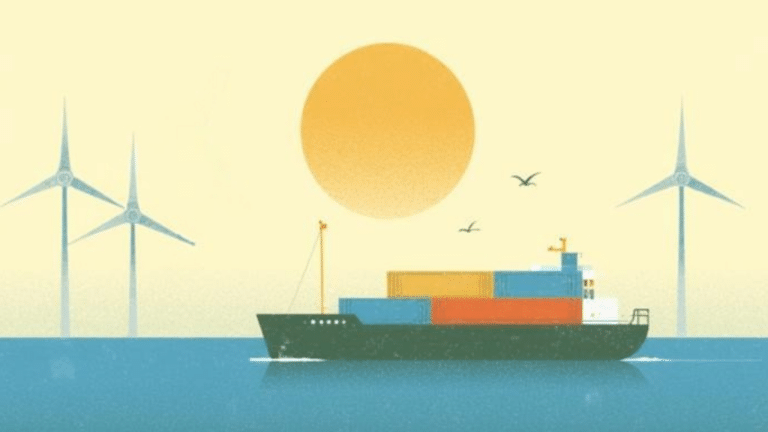This website uses cookies as well as similar tools and technologies to understand visitors’ experiences. By continuing to use this website, you consent to Columbia University’s usage of cookies and similar technologies, in accordance with the Columbia University Website Cookie Notice.
Guest
Dr. Ellen Williams
ARPA-E Director
Breakthrough technologies can transform the way that energy is produced and consumed. But pursuing them is often beyond the means of the private sector for a host of reasons. Enter the Advanced Research Projects Agency – Energy, a program at the US Department of Energy founded in 2009 that supports high-potential, high-impact technologies with funding, technical assistance and market preparedness. On this episode of Columbia Energy Exchange, host Bill Loveless sits down with Dr. Ellen Williams, Director of ARPA-E, to discuss the future of energy technology.
This conversation was originally recorded on May 26, 2016.
More Episodes
Editor’s Pick: Sean Casten on US Energy Policy in a Partisan Era
This has been a crucial year for US energy policy. The passage of the One Big Beautiful Bill Act eliminated many of the clean energy incentives that were...

Luisa Palacios and Eddie Fishman on the US Pressure Campaign on Venezuela’s Oil
Over the past week, President Trump has intensified pressure on Venezuelan president Nicolás Maduro by targeting the regime’s economic lifeline—oil. The United States has seized two oil tankers...

From Hot Rocks to Clean Power: Roland Horne on the Future of Geothermal
If it seems like you're hearing a lot more about geothermal energy lately, that's because this clean, firm energy source is at a technological turning point. With roots...

Emmanuel Lagarrigue on Climate Investing Today
Investment in clean energy technologies is on course to hit a record $2.2 trillion this year, according to the International Energy Agency. That’s more than twice the amount...

Relevant
Publications
Why ‘Taking’ Venezuela’s Oil Hurts U.S. Energy Security
In discussing the dramatic seizure of Venezuelan President Nicolás Maduro and his wife, Cilia Flores, over the weekend, President Donald Trump declared that the United States would now “take back” the country’s oil. Yet he has offered little clarity on what exactly this means.

Venezuela: The Post-Maduro Oil, Gas and Mining Outlook
The country could see a relatively rapid recovery of some oil production, depending on the leadership that emerges.

Q&A on US Actions in Venezuela
Early on 3 January 2026, the United States launched a military operation to arrest President Nicolás Maduro and remove him from Venezuela.

Trade’s Emergence at International Climate Talks and the Limits on Consensus
This Energy Explained post represents the research and views of the author(s). It does not necessarily represent the views of the Center on Global Energy Policy. The piece...

